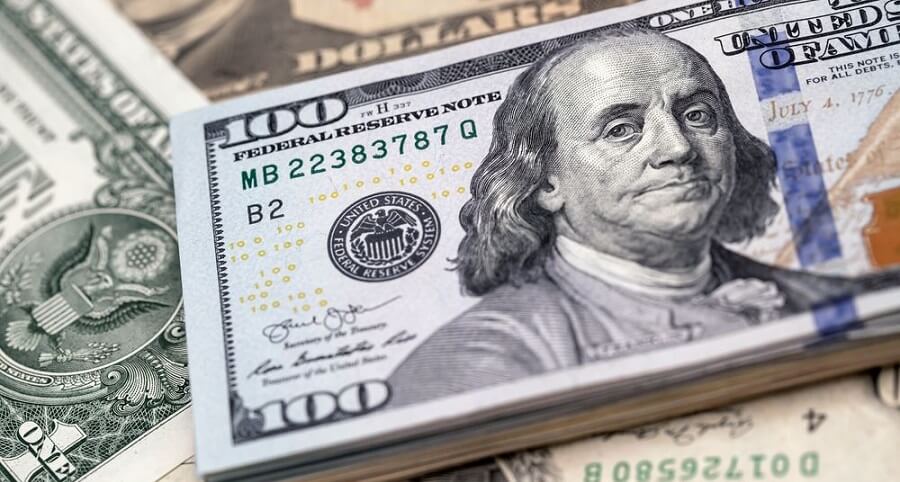Tinubu Admits Poor Approach To Foreign Exchange Management, Promises Intervention
President Bola Ahmed Tinubu has admitted ‘lag’ in the administration of the new foreign exchange policy as well as fuel subsidy.
The development is coming a few days after the Economist Intelligence Unit (EIU) said the Central Bank of Nigeria is inexperienced to manage a floated naira.
Advertisement
EIU, the research and analysis division of the Economist of London said the government would go back to a system where it has more control over the exchange rate.
Nigeria’s apex bank on June 14 harmonised the exchange rate at the Investors’ and Exporters’ FX window, thereby eliminating other FX windows.
The naira was allowed to float and transacted based on ‘the willing buyer, willing seller’ model.
Since the policy, demand pressure has pushed the naira which traded at N460 at the I&E Window to N756 as of Monday.
Advertisement
The CBN at the first Monetary Policy Meeting under the new leadership clarified that it is running a ‘managed float.’
“Sadly, there was an unavoidable lag between subsidy removal and these plans coming fully online,” Tinubu admitted during a national broadcast on Monday.
But he said his administration is swiftly closing the time gap.
He said, “Our commitment is to promote the greatest good for the greatest number of our people. On this principle, we shall never falter.
“We are also monitoring the effects of the exchange rate and inflation on gasoline prices. If and when necessary, we will intervene. I assure you my fellow countrymen and women that we are exiting the darkness to enter a new and glorious dawn.”
Advertisement
This confirms the position that the current shortage of forex would result to more government intervention.
EIU said, “The CBN lacks experience in conducting monetary policy under a float, and the need to control rapidly increasing inflation will become more acute over time.
“Our forecast is finely balanced, but we expect a return to heavier exchange-rate management from the second half of 2023 as the naira slides beyond N800:US$1 from N770:US$1 in early July.”



